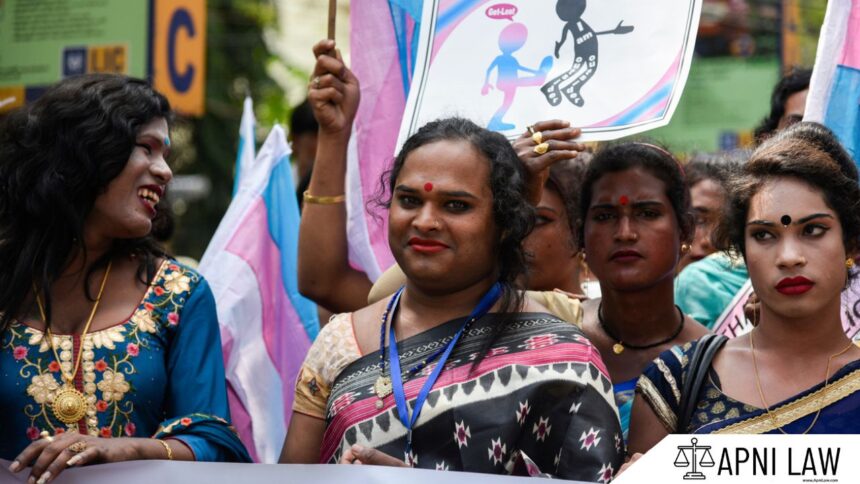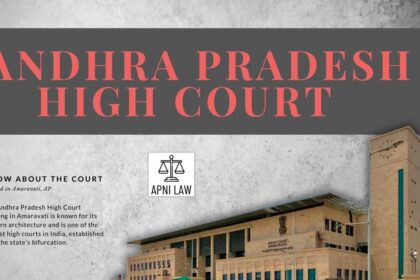Introduction
The Transgender Persons (Protection of Rights) Act lays down clear guidelines to ensure dignity, equality, and inclusion for transgender individuals in India. This law protects transgender persons from discrimination in education, employment, healthcare, and public services. It also grants them the right to legal recognition of their gender identity and provides a structured process for obtaining identity documents. Through these legal provisions, the Act aims to promote social justice and ensure equal opportunities for transgender individuals in every aspect of life.
Does the Transgender Act Prohibit Discrimination
No person or organization can discriminate against transgender persons. This includes denial or unfair treatment in education, employment, and healthcare. It also covers unequal access to public services, goods, accommodation, or opportunities. Transgender persons cannot be denied the right to move freely or live in any property. They must not be prevented from holding public or private office. No government or private institution can treat them unfairly in custody or care.
How Does The Transgender Act Recognise Transgender Identity
Transgender persons have the right to be officially recognized as such. They can identify with a self-perceived gender, and the law must acknowledge their identity accordingly.
How To Apply for a Certificate of Identity
Transgender individuals can apply to the District Magistrate for a certificate of identity. The application must follow the prescribed format and include necessary documents. For minors, a parent or guardian must apply on their behalf.
Issuance of Identity Certificate
The District Magistrate must issue a certificate confirming transgender identity after following the legal process. This certificate determines the gender shown in all official records. It serves as legal proof of their identity and grants related rights.
Should A Transgender Person Apply For Certificate After The Change in Gender Post-Surgery
If a transgender person undergoes gender-affirming surgery, they can request a revised identity certificate. They must submit a medical certificate from the hospital where surgery was done. The District Magistrate will issue a new certificate showing the updated gender. They can also change their first name in all official records. This change does not affect their existing rights.
What Are The Government Responsibilities Under This Act
Governments must promote full inclusion of transgender persons in society. They should create welfare schemes that support transgender rights and remove stigma. Authorities must ensure access to healthcare, education, and other essential services. They should also rescue and rehabilitate transgender persons in distress. Participation in cultural and recreational activities must be encouraged.
What Does The Transgender Act Say About Non-Discrimination in Employment
Employers must not discriminate against transgender persons in any job-related matter. This includes hiring, promotion, and workplace conditions. Equal treatment is mandatory.
What Are The Duties of Establishments
All establishments must follow this Act. They must provide necessary facilities and support to transgender persons as required by law.
Conclusion
The law is a crucial step toward building an inclusive society where transgender persons can live with respect and equal rights. By ensuring non-discrimination, legal recognition, and access to welfare measures, the Act empowers transgender individuals to participate fully in society. Governments, institutions, and citizens must work together to implement these protections effectively, creating a safe and supportive environment for all.








